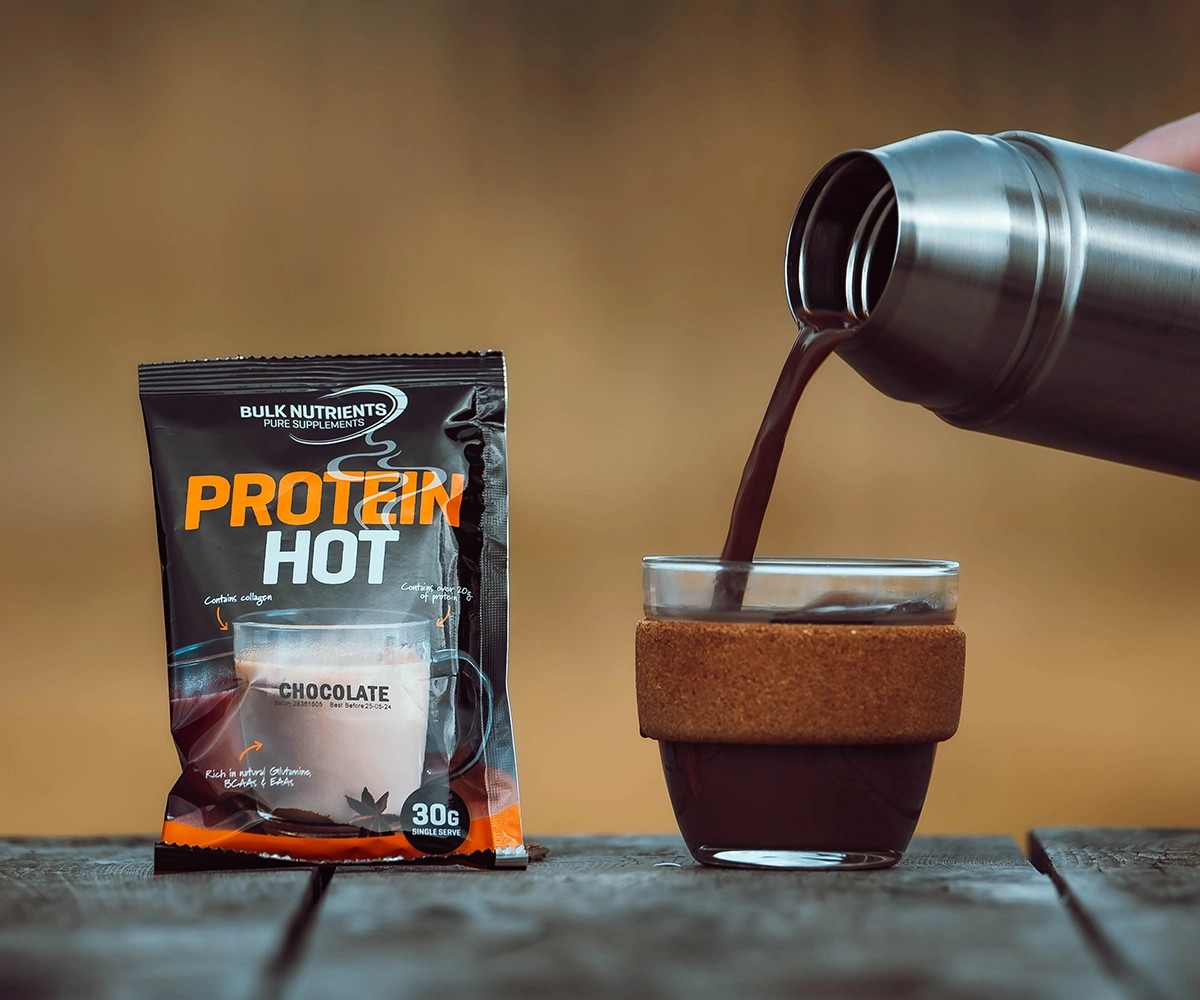Stoke Your Metabolic Fire: Tips to Beat Winter Weight Gain

Move Your Body: Keep Your Fat-Burning Furnace Roaring
When it’s cold and dark outside, the temptation to stay under the doona is real. But regular movement is one of the best ways to stoke your internal engine and keep that fat-burning furnace going.
Exercise doesn’t just boost your mood (though that’s a huge winter bonus). It also increases your energy expenditure during and after workouts—hello, afterburn effect—builds lean muscle that burns calories even at rest, and supports healthy blood sugar balance by improving insulin sensitivity.
Here are some ways to stay active during winter:
- Swap outdoor runs for home workouts or online sessions.
- Schedule workouts for the warmest part of the day, or whenever you’re most motivated.
- Commit to short, regular sessions—because consistency is key.
Even 20-30 minutes a day can make a real difference to how you feel and function.

Prioritise Protein and Whole Foods to Support Fat Burning
Winter is the official comfort food season. Stews, pastas, baked treats... it’s all part of the vibe. And there’s nothing wrong with that. But balance is key if you want to keep your metabolism humming along.
Protein is especially important because it has a higher thermic effect—your body burns more calories digesting it compared to carbs or fats. It also helps maintain and build lean muscle (your body’s calorie-burning tissue) and keeps you feeling fuller for longer, so you’re less likely to raid the biscuit tin at 9pm.
Think hearty stews loaded with lean meat and legumes, slow-cooker recipes rich in protein, or warm grain bowls with grilled chicken, tofu or tempeh. And don’t forget the colourful veggies and whole grains to keep your meals balanced with fibre, vitamins, and minerals.
If you’re in need of some inspiration, check out these five recipes to warm you up this winter.
Don’t Skimp on Sleep: Your Secret Metabolic Weapon
Shorter days might make you want to sleep more, but winter doesn’t automatically mean better rest. Dry air, temperature swings, and disrupted routines can mess with sleep quality, and poor sleep can really throw a spanner in the works for metabolic health.
Lack of quality sleep affects appetite-regulating hormones, can reduce insulin sensitivity, and often leaves you craving sugary, high-calorie comfort foods.
So, make sleep a priority:
- Keep a consistent sleep–wake schedule, even on weekends.
- Dim lights and screens at night. Avoid screens 30–60 minutes before bed—try reading or a warm bath instead of doom-scrolling.
- Swap late-night coffee for calming teas like chamomile or valerian root.
Aim for 7–9 hours of quality sleep to give your body (and metabolism) the rest it deserves.

Stress Less: Chill Out to Heat Up Your Metabolism
Just because it’s cold doesn’t mean stress takes a holiday. Work demands, bills, seasonal blues—they can all pile on during winter. And chronic stress is notorious for sabotaging metabolism.
When you’re stressed, your body ramps up cortisol production, which is associated with increased fat storage, particularly around the midsection. It can also disrupt appetite regulation, blood sugar balance, and sleep quality.
Managing stress is as important as managing your diet and exercise. Even small changes can help:
- Try deep breathing exercises or mindfulness.
- Gentle stretching or yoga at home.
- Get outdoors for some fresh air and natural light – sunlight exposure helps regulate your circadian rhythm, supports vitamin D production, and can lift your mood.
- Make time for hobbies or catching up with friends.
Managing stress isn’t just self-care—it’s essential metabolic maintenance.
Stay Hydrated: Don’t Let Your Metabolism Dry Out
It’s easy to forget about water in winter. Cold drinks lose their appeal when it’s already chilly, and before you know it, you’re drinking less overall. But staying hydrated is just as important in winter as in summer.
Hydration supports efficient metabolic processes, helps your body absorb nutrients properly, and keeps energy levels steady. Mild dehydration can even be mistaken for hunger, leading to unnecessary snacking.
If icy water isn’t your thing, no worries. Sip room-temperature or warm water throughout the day. Herbal teas and warm water with lemon are perfect winter alternatives. Just try to balance out your coffee intake—a few cups are fine, but too much can have a dehydrating effect.
Keeping your fluids up is one of the simplest ways to support your metabolism and feel more energised, even on the frostiest days.

Consider Smart Supplement Support for Winter Metabolic Health
Even with good habits, winter can make things tricky. Less movement, heavier meals, and lower motivation can all slow things down. That’s where some people like to consider smart supplementation as part of their strategy.
Certain ingredients have been studied for their potential to support:
- Thermogenesis (your body’s natural calorie-burning heat production).
- Fat oxidation (turning fat into usable energy).
- Blood sugar balance and insulin sensitivity.
- Appetite regulation.
Curious about which ingredients have real scientific backing? Check out our dedicated guide on how to support your metabolism with smart supplementation.
Of course, supplements aren’t a replacement for healthy habits—but they can be a helpful addition to keep your metabolism in check during the colder months.
The Takeaway: Build Your Summer Body in Winter
Winter doesn’t have to mean slowing down, gaining weight, or hitting pause on your goals.
By staying active, eating well, prioritising sleep, managing stress—and considering evidence-backed supplements—you can keep your metabolism healthy, your energy high, and your mood lifted all season long.
After all, summer bodies are built in winter. Your future self will thank you when the days get longer and the layers come off.

Nick is Bulk's Customer Service team's Technical Support Officer.
Which is our way of saying he's the guy whose job it is to answer your obscenely technical supplement questions.
More about Nick Telesca




























